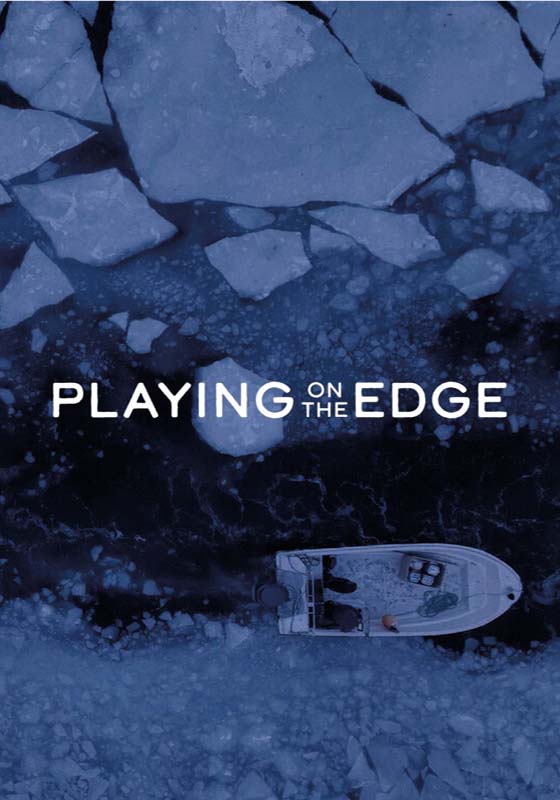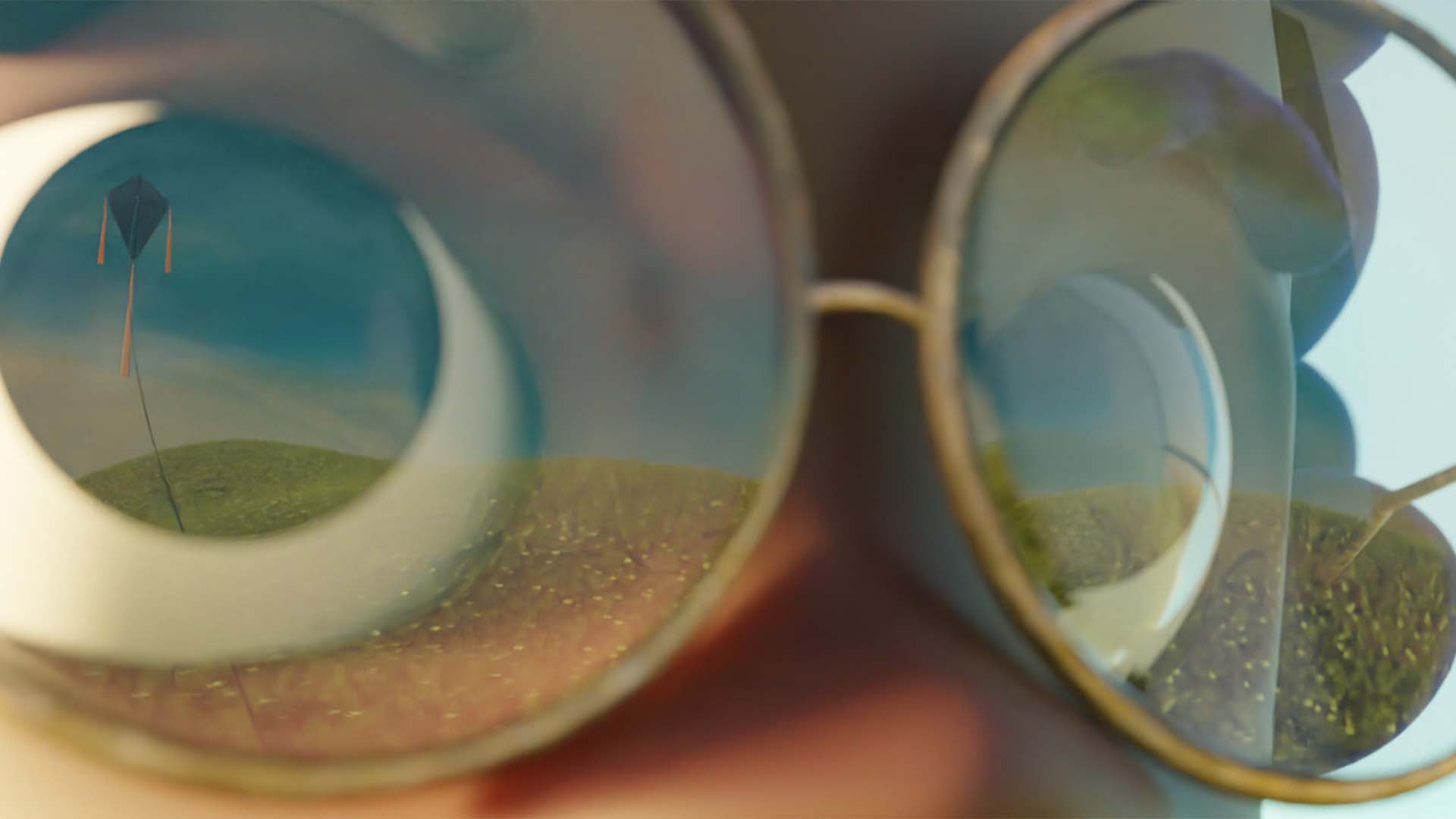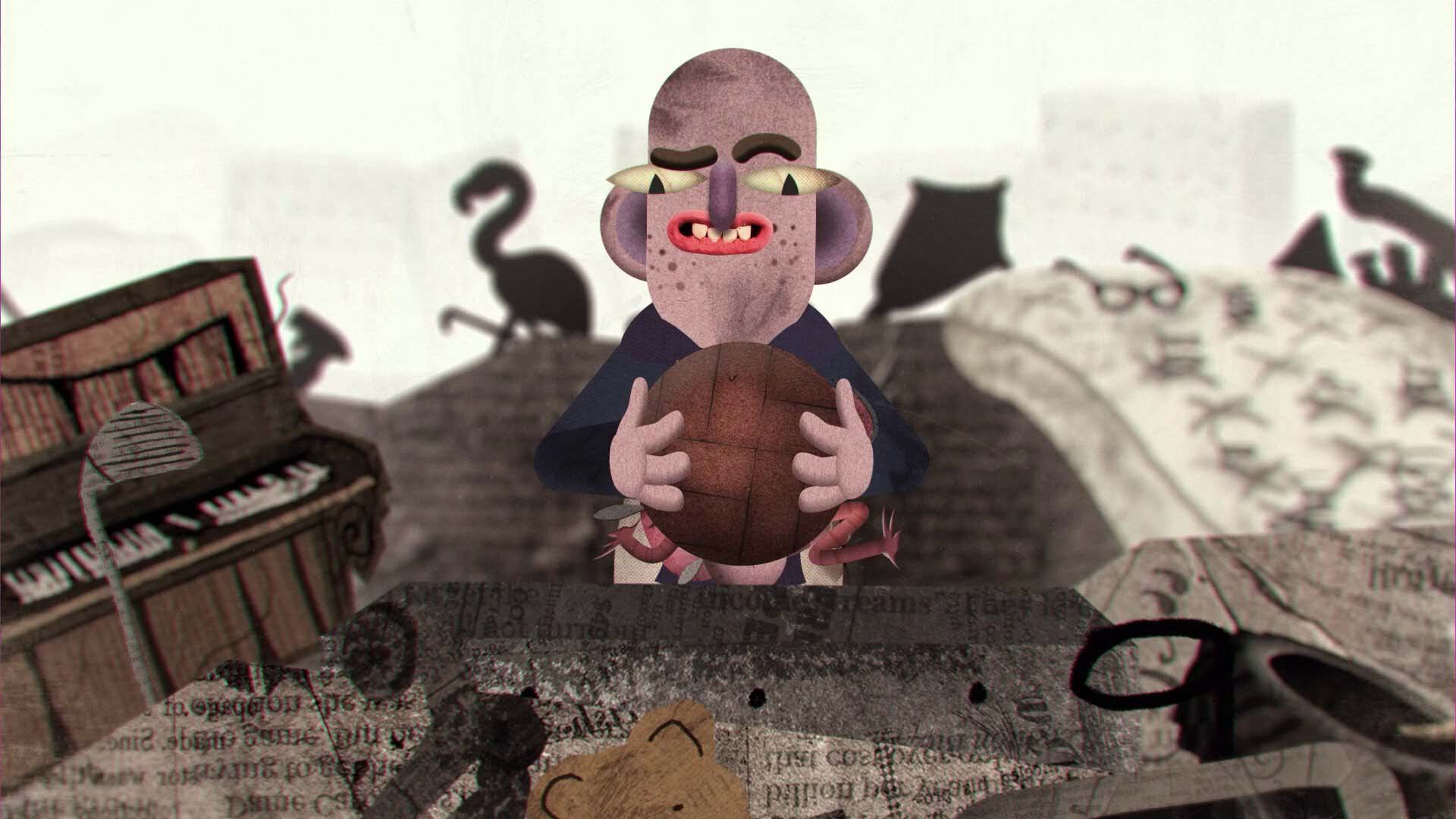
Angus Gannagé: Seeking financial and emotional backers
Greenland is a country of just over 55,000 people. A population that couldn’t fill Wembley Stadium, living on the largest island in the world. Despite having less than half the year to play outdoors, a national team that FIFA refuses to recognise, and a national championship that lasts just one week every summer, football is at the heart of every town across this ice strewn country. But while Greenlandic people are fighting to play the sport they love, the world around them is changing. With traditional livelihoods and Inuit culture under threat, people must battle ever changing elements through long, dark, arctic winters, and adapt to the impact climate change has had on their way of life. Playing On The Edge follows a small community in Northern Greenland who look to the sun and football for hope. Living with people who were born and raised in the town, we see how people’s lives are beginning to change irreversibly. As the ice melts around them, this is a story about a country’s unlikely national sport and the people it brings together.
What are the most formidable challenges inherent to the profession of filmmaking?
Could you elaborate on the wellspring of your creative inspiration for this particular short film?


Could you elucidate on the central thematic underpinning of your film?
How do you navigate the task of strategizing cost-effective promotional efforts when operating within a constrained budget?
In today's dynamic marketplace, how pivotal do you consider the role of film distribution?
For individuals contemplating the path of self-distribution, what counsel or insights can you offer?
In your estimation, what level of significance do short films hold for aspiring filmmakers seeking to embark on a career in directing?
Reflecting on your professional journey thus far, could you share an instance of the most formidable challenge you encountered and how you surmounted it?
Dealing with financiers who had no interest in the integrity of the thing we were making. We had to circumnavigate their notes ( which were funded by fear and ignorance) with slick language and compromise.
What, in your view, are the critical factors that contribute to the creation of a cinematic masterpiece?
If you could revisit the inception of your career, are there any aspects or decisions you would choose to alter in hindsight?





Leave a comment